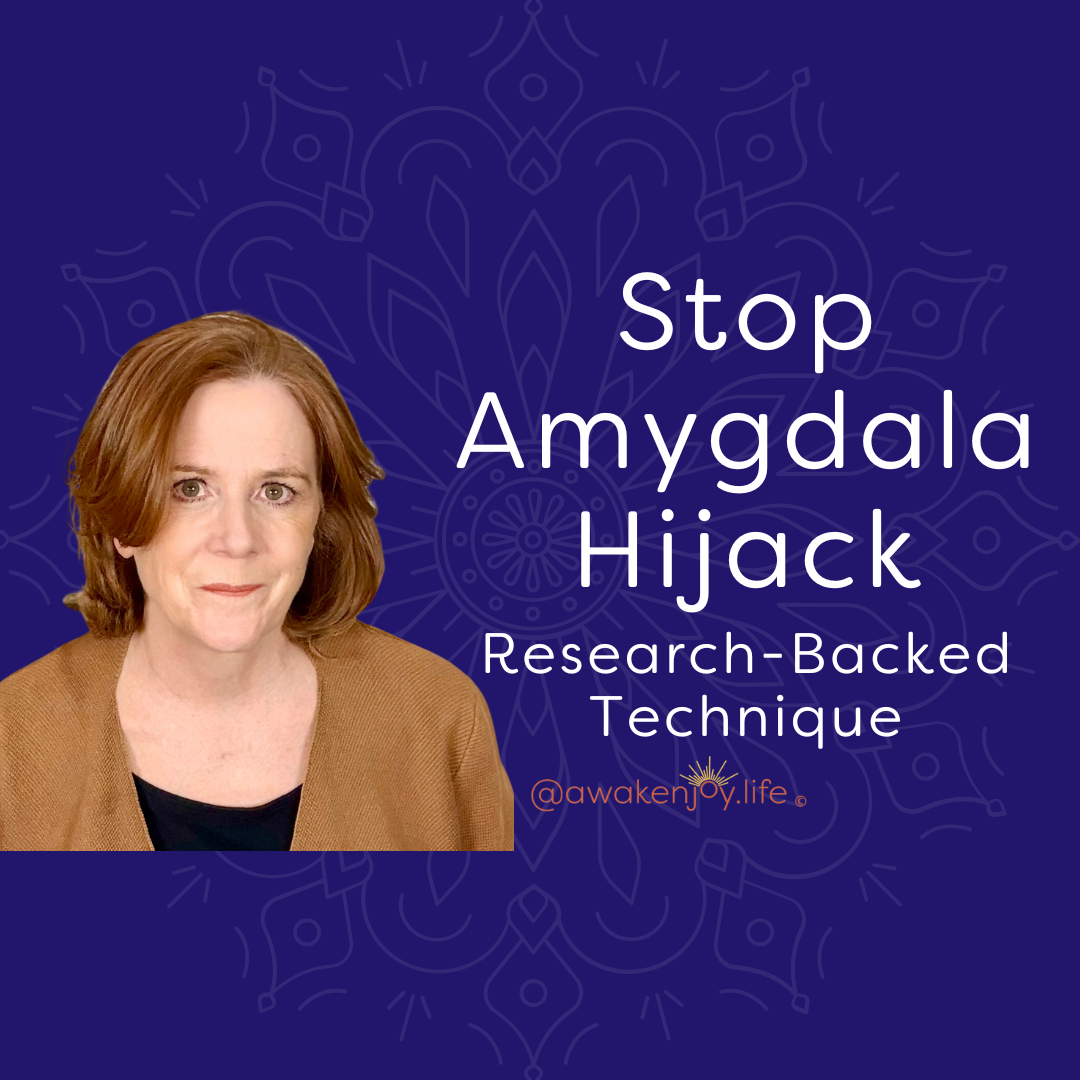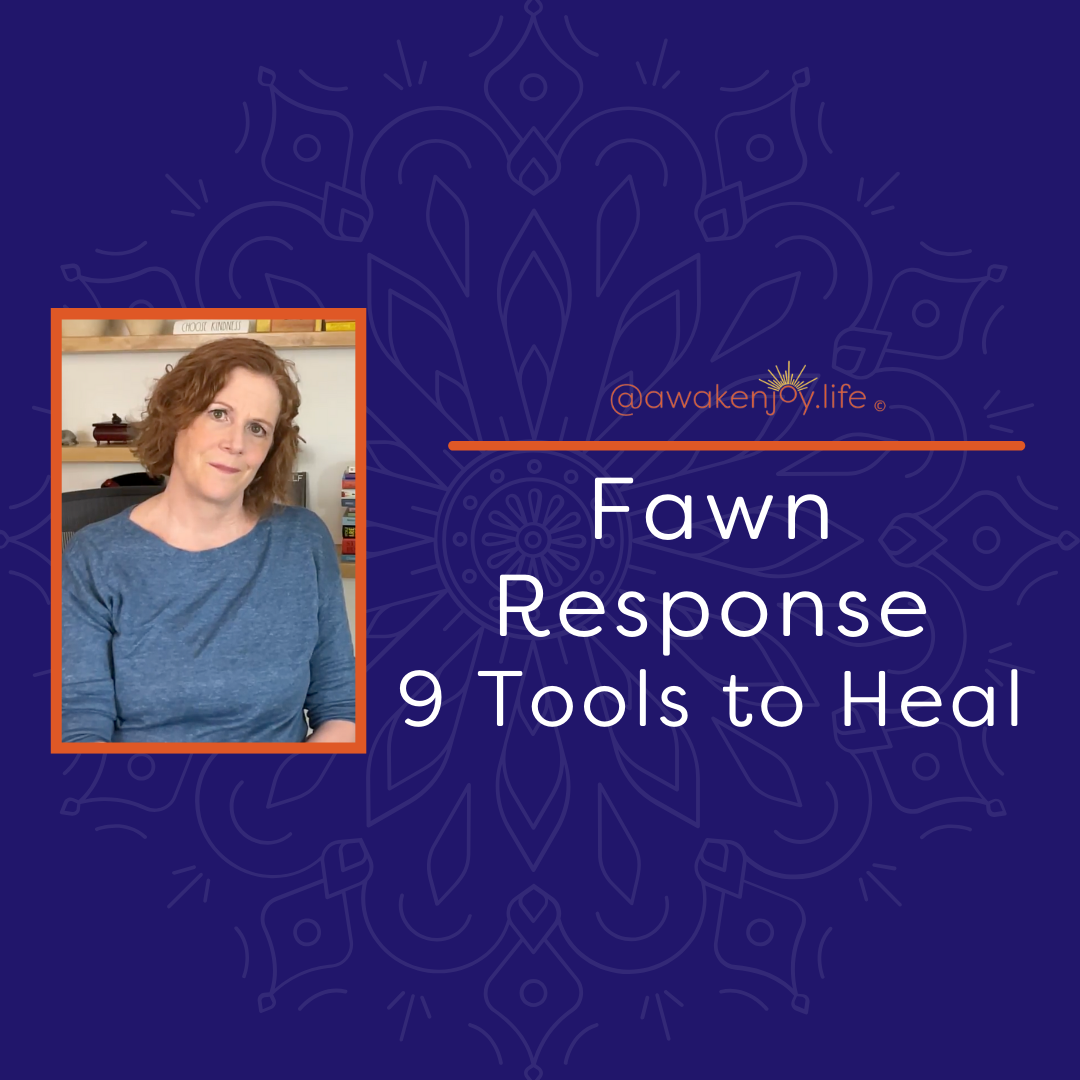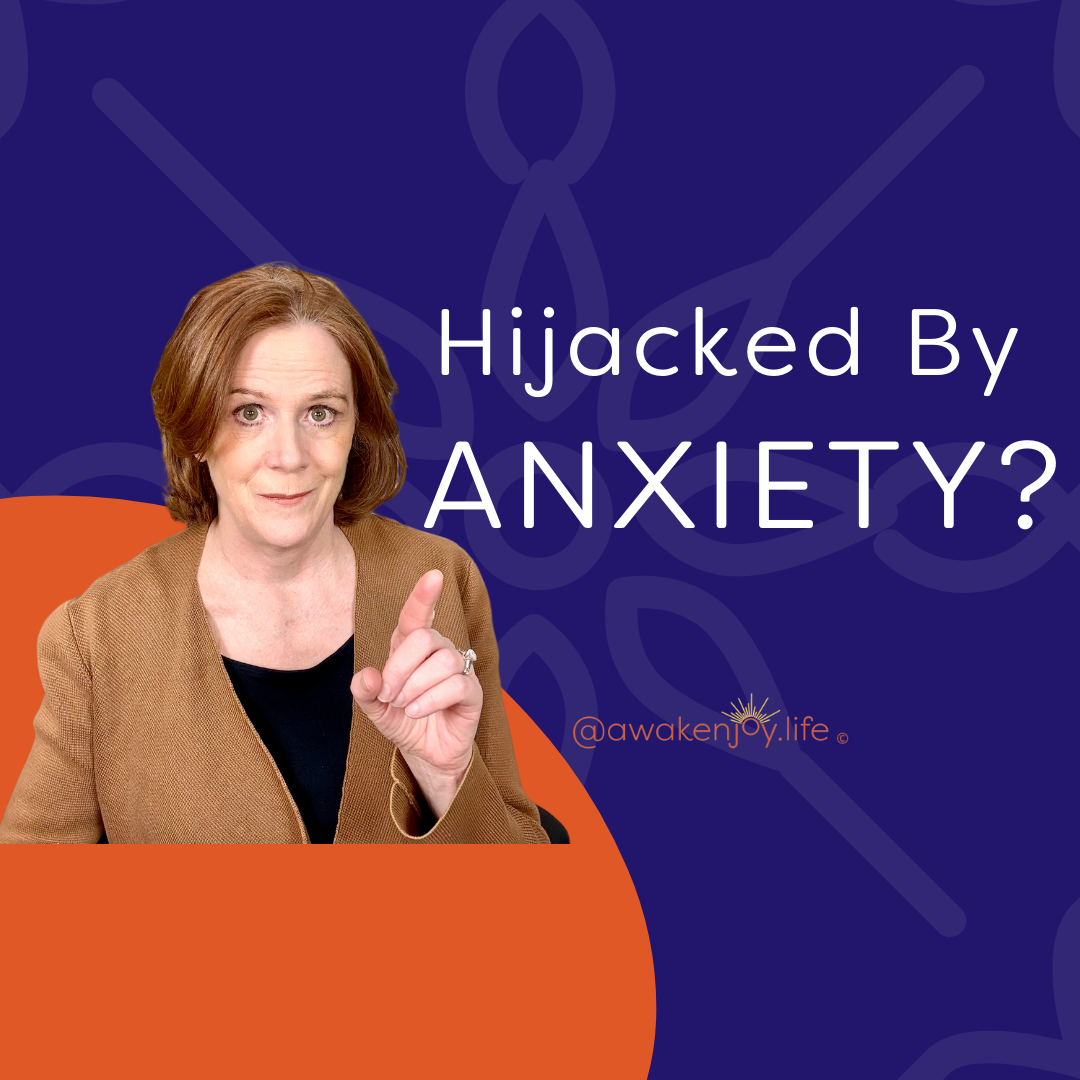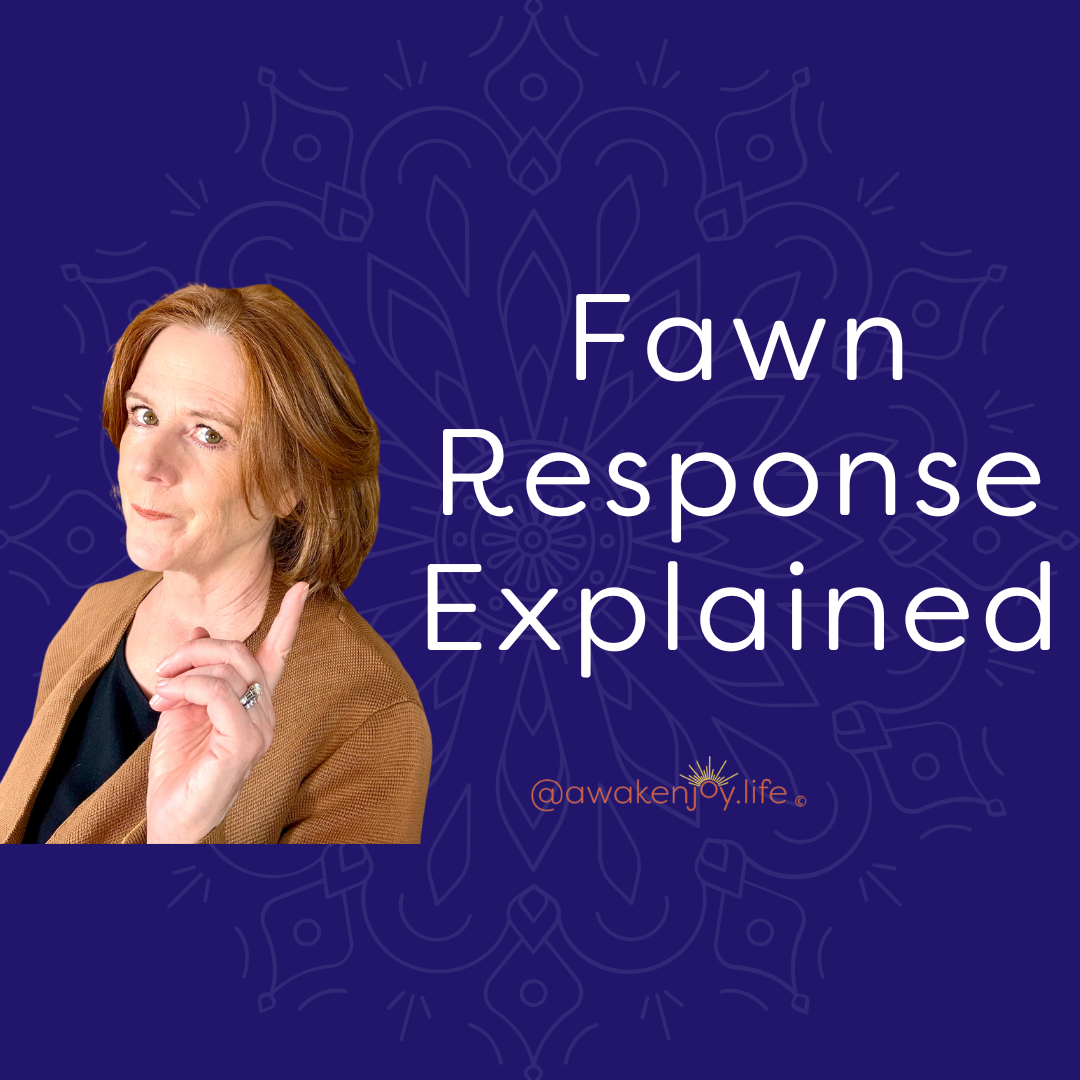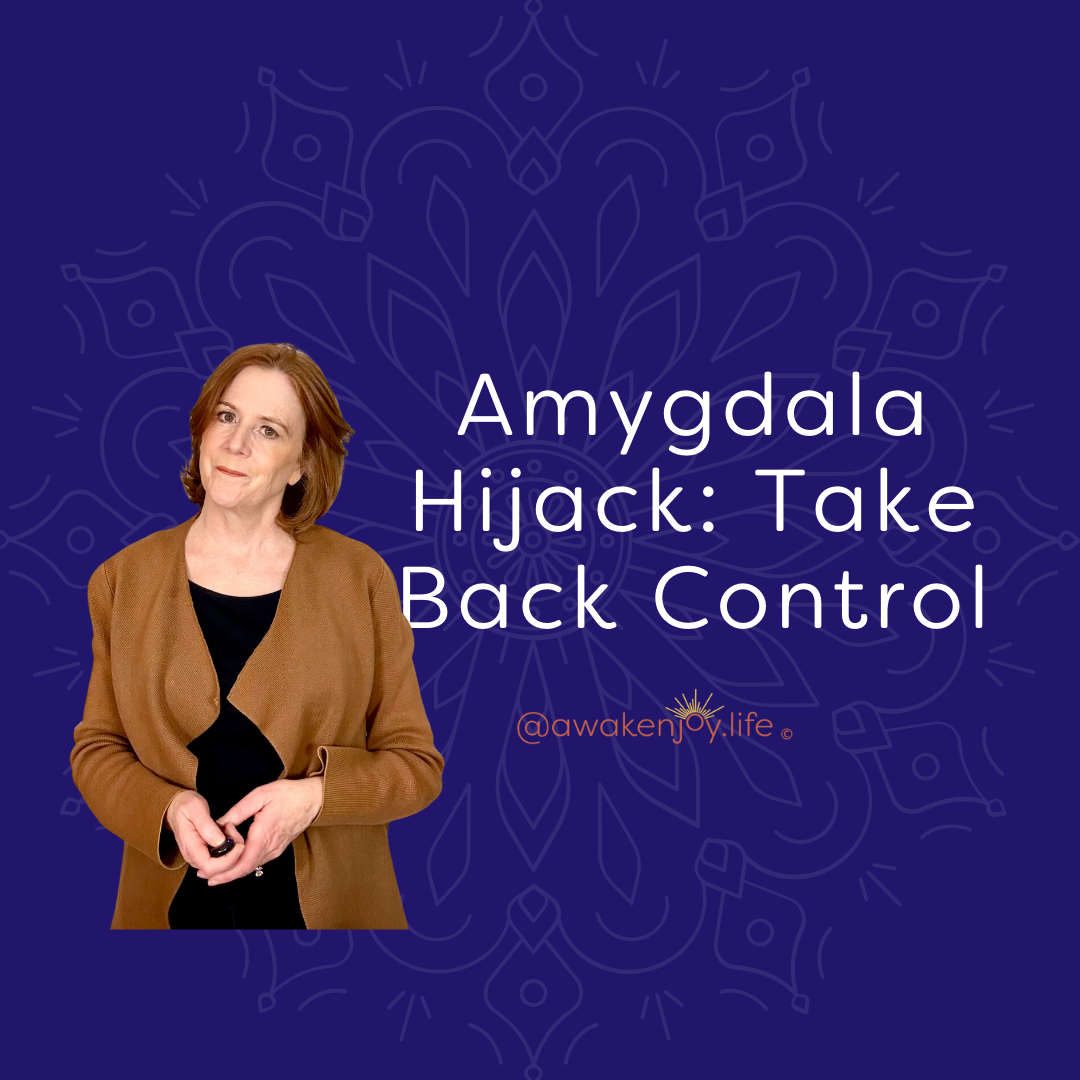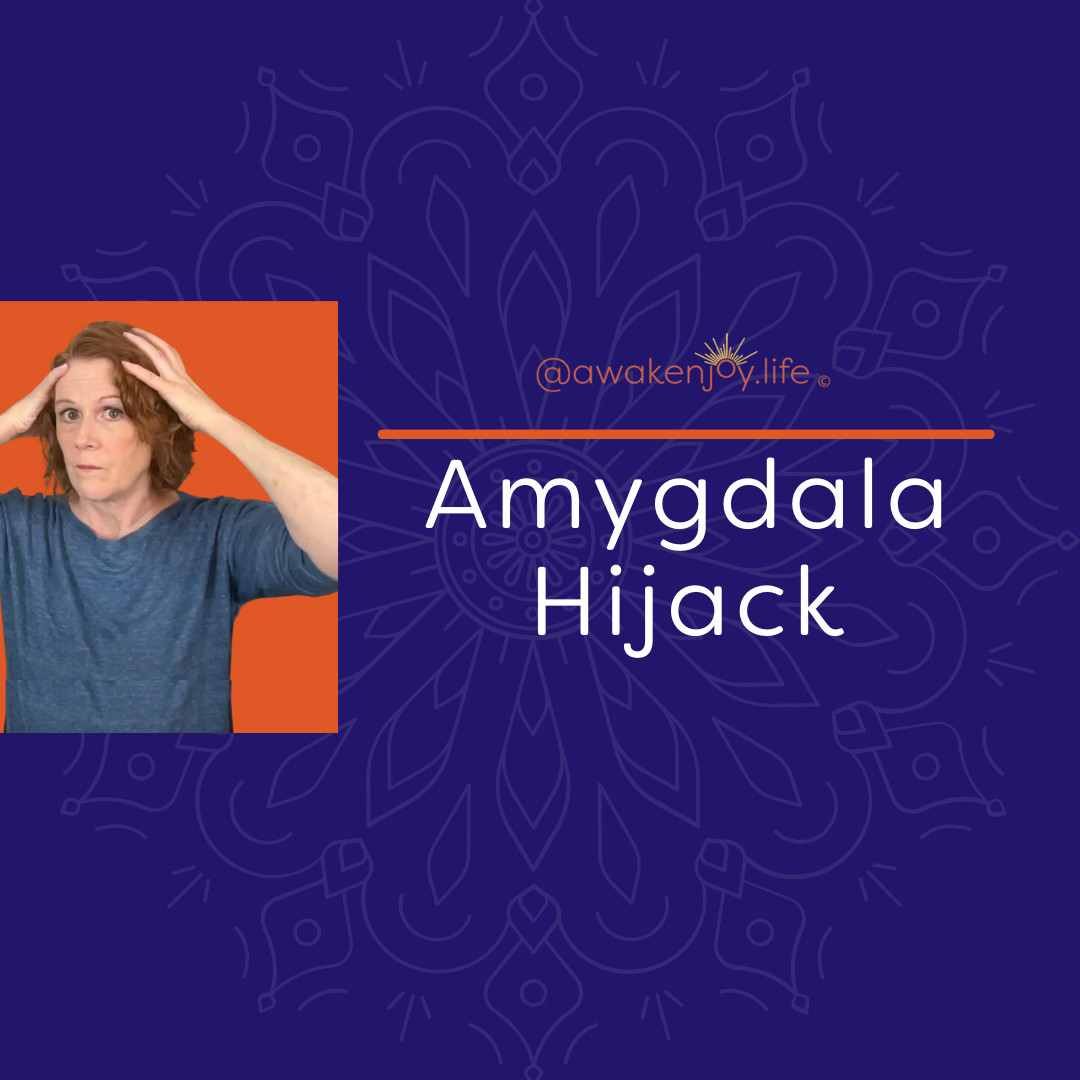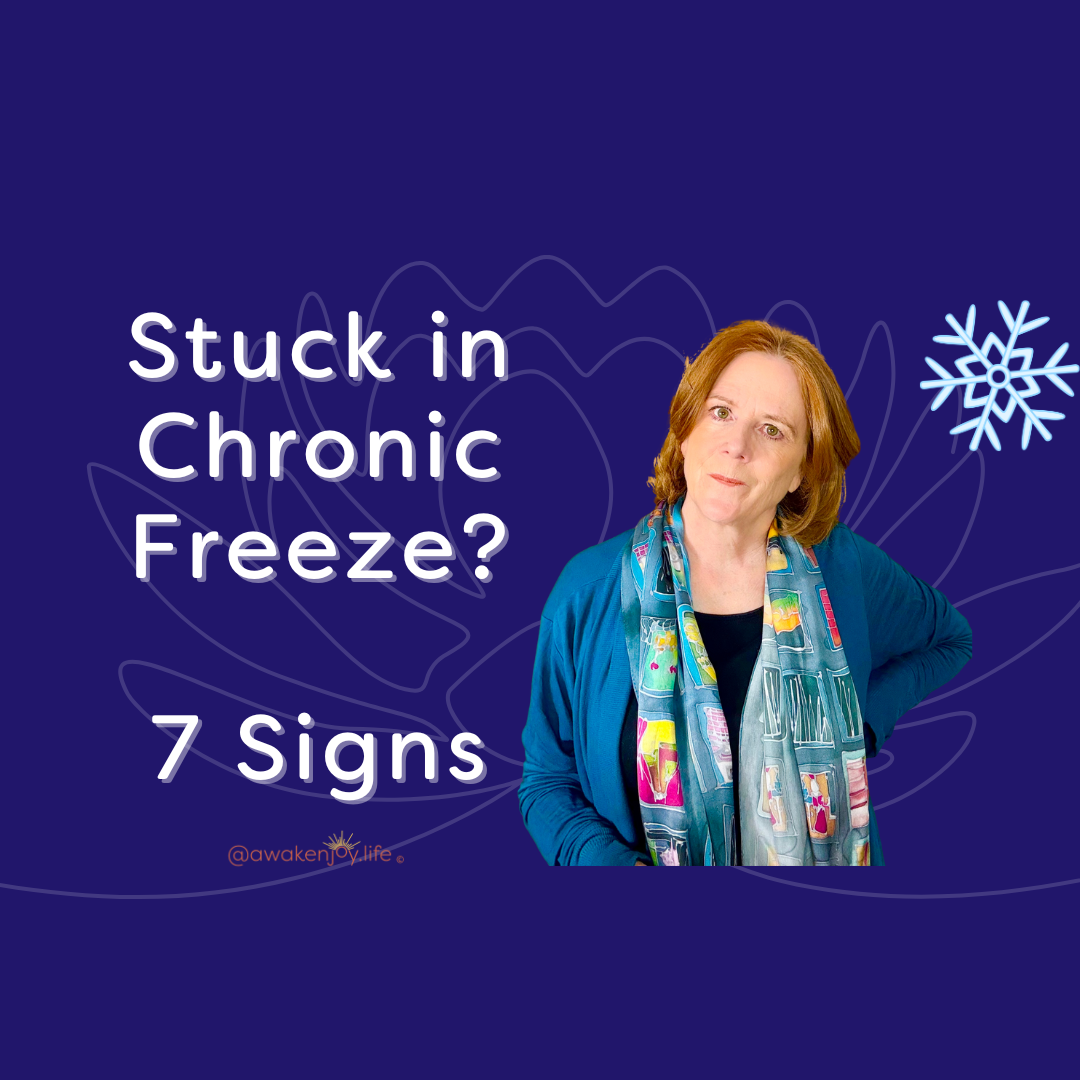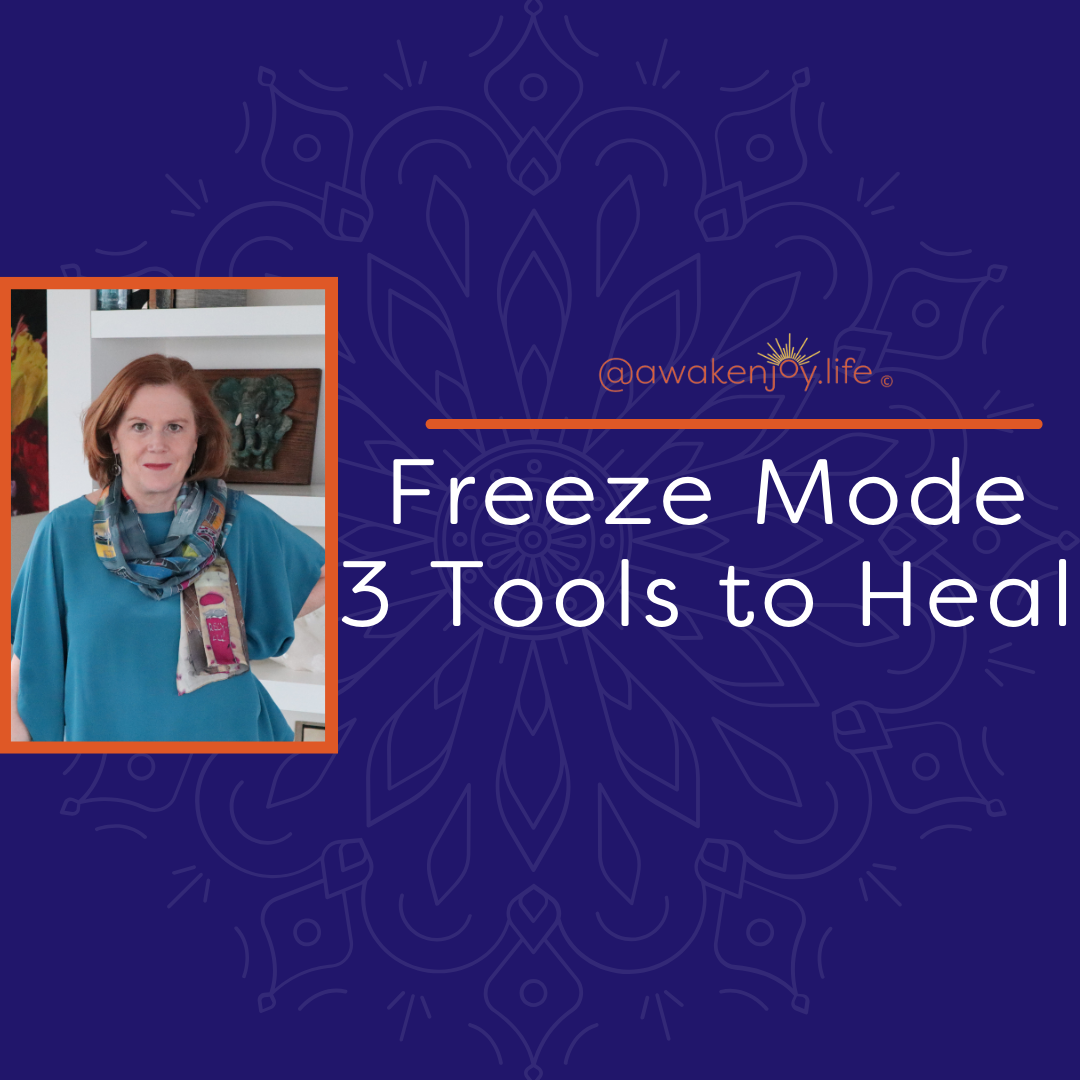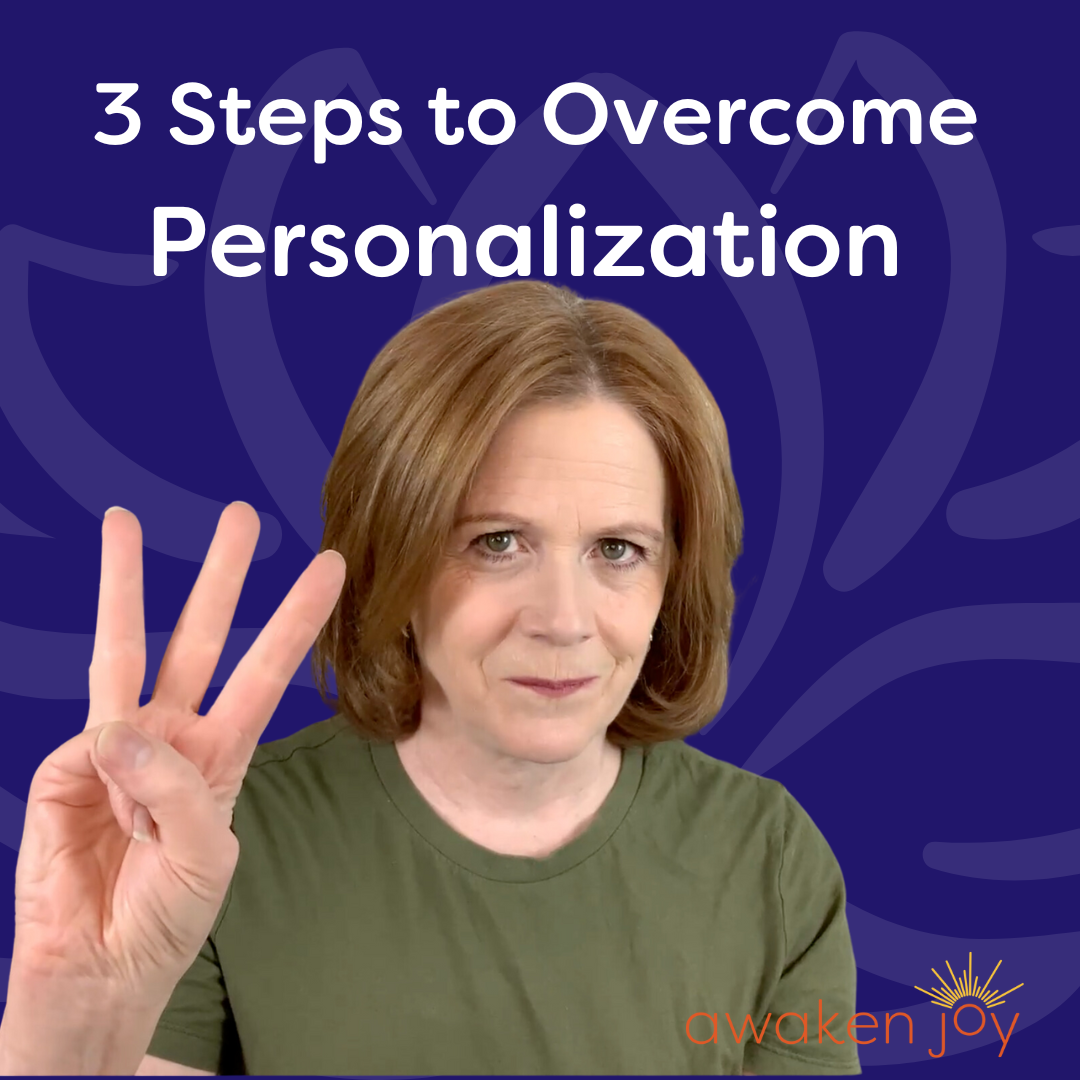Enmeshment In Romantic Relationships

Enmeshment In Romantic Relationships
Are all romantic relationships enmeshed?
What
does enmeshment look like in romance?
What IS a healthy relationship?
In the early stages of romantic relationships, especially during the intense "falling in love" period, enmeshment is not uncommon. In the puppy love stage, it’s common to be overly involved and want to do everything together. You might feel like you are “the same person.” Or at least soul mates.
But as the relationship matures, finding a balance between closeness and independence becomes crucial.
Being in an ongoing enmeshed relationship can eventually feel soul-crushing. You might never feel like you can truly be YOU.
The opposite of enmeshment is being able to be fully who you are within a relationship. This requires vulnerability, intimacy, inter-dependence and an ability to tolerate some degree of conflict…. But before we go there, let’s talk about 7 signs of an enmeshed romantic relationship…
1. Pressure to Agree: 🤝
Feeling pressured to agree on ideas, beliefs, and behaviors indicates enmeshment. This goes beyond seeking support and understanding in conflicts, which is natural, but is more of a constant, intense pressure to subtly forfeit your individuality.
2. Excessive Worry: 😬
If you or your partner is constantly worried about the other, you may be enmeshed. Of course it is normal to worry from time to time, but if you’re finding that your worry is getting in the way of your wellbeing and day-to-day life, you may be enmeshed.
3. “Should” Language: 🫵
Someone who is enmeshed generally thinks they know what’s best for the other person. If you find yourself saying “you should” often to your partner, you may be infringing your wants onto the other person Similarly, if you are always being told what you “should” do, and you acquiesce or agree rather than setting boundaries, you are likely enmeshed.
4. Blaming Emotions on Others: 😠
On the same note, enmeshment can look like blaming others for our emotions and finding ourselves saying someone "made" us feel a certain way.
This language is super common in our culture. “He made me mad.” “She made me so happy.” See if it is possible to switch that to “I felt mad when he…” or “I felt so happy when she…” For more on this, watch the full video: https://youtu.be/6TUGoD25wA0
5. Rigid Roles: 📦
Are you and your partner stuck in very ingrained patterns or roles? If we are rigidly playing a role, we can not be our true selves.
Now, this does not mean that we don’t take on different roles for different occasions. The role of a mom is different from the role of a spouse. We adapt to different relationships which is healthy and, well, adaptive 🤣.
A rigid role would be that you are always the “competent” one, and your partner is always the “joker.” Or you are always the one compromising and sacrificing your needs, and your partner is always the one demanding things be a certain way.
Enmeshment generally comes from dysfunctional families, and we learn these rigid roles young... Do you identify with the
Hero Child, Scapegoat, Lost Child or Mascot?. For an overall discussion of Dysfunctional Family Roles, click
here.
6. Lack of Autonomy: 💔
Feeling that
you are not
you without your partner could signal enmeshment. Particularly, if it is combined with a feeling that you
can’t truly be you with your partner… OK, that probably requires a lot more explanation! Comment below if you’d like to see more on this.
Of course, most of us don’t want to live without our partners if we are in a good relationship, but if separation is intolerable for you or your partner, that would be enmeshment.
I do have a video on the difference between dependence and enmeshment. But certain types of dependence can indicate enmeshment.
7. Emotional Fusion: 🧶
Emotional fusion is the core of enmeshment. This is when you don’t know where the other person's emotions end and yours begin. You take on their emotions. You might spend an inordinate amount of time trying to manage their mood or their behaviors. Or you might be on the receiving end of this.
So you may be enmeshed… Now what? 🤔
Learning how to set healthy boundaries is critical for recovering from enmeshment.
If you’re not sure where to start, I have a free boundary quiz which will help you gain insights into your boundary personality style. It is a great place to start the journey of really figuring out why boundaries are so tough for you.
By setting these boundaries you’re able to un-entangle yourself from the web of enmeshment, discover who you really are, and live a full life. 🙌
This article describes seven signs of enmeshment in a romantic relationship. Being romantically enmeshed can lead you to feel like you no longer know who you are. Since enmeshment is the opposite of individuation, it truly is impossible to be your true self within an enmeshed relationship. Enmeshment often comes from a dysfunctional family system with very rigid roles, and they can be replayed in your romantic relationship.
Blog Author: Barbara Heffernan, LCSW, MBA. Barbara is a licensed psychotherapist and specialist in anxiety, trauma, and healthy boundaries. She had a private practice in Connecticut for twenty years before starting her popular YouTube channel designed to help people around the world live a more joyful life. Barbara has a BA from Yale University, an MBA from Columbia University and an MSW from SCSU. More info on Barbara can be found on her bio page.
Share this with someone who can benefit from this blog!
